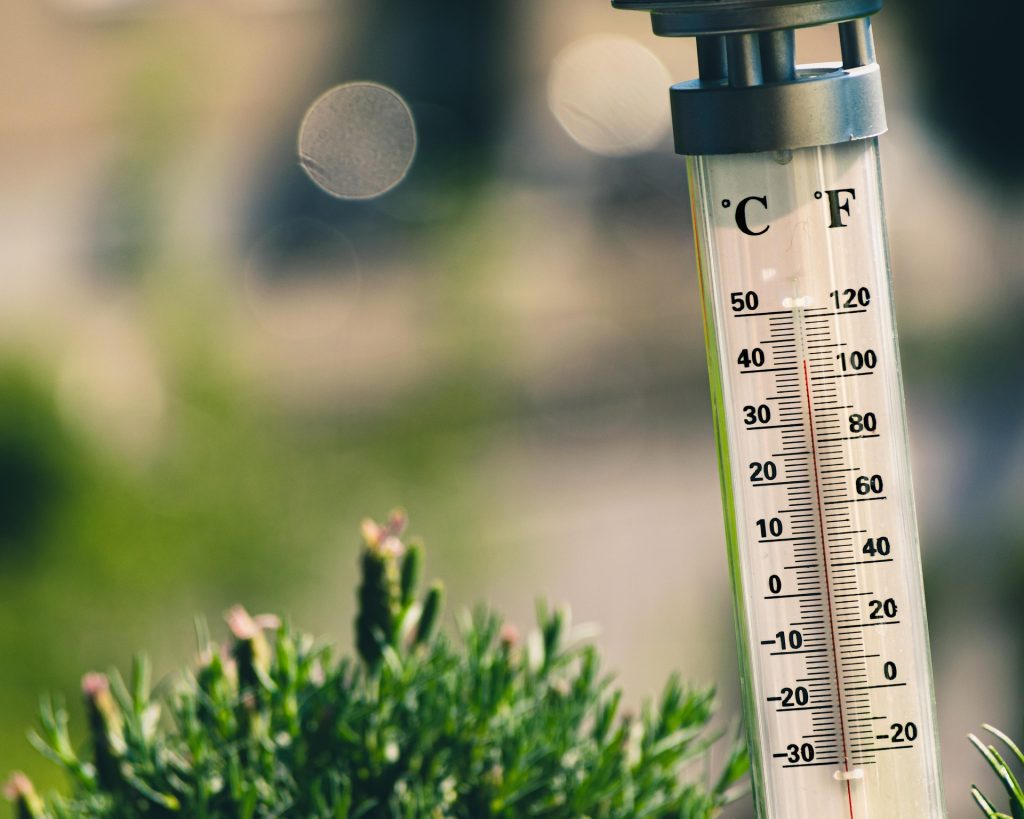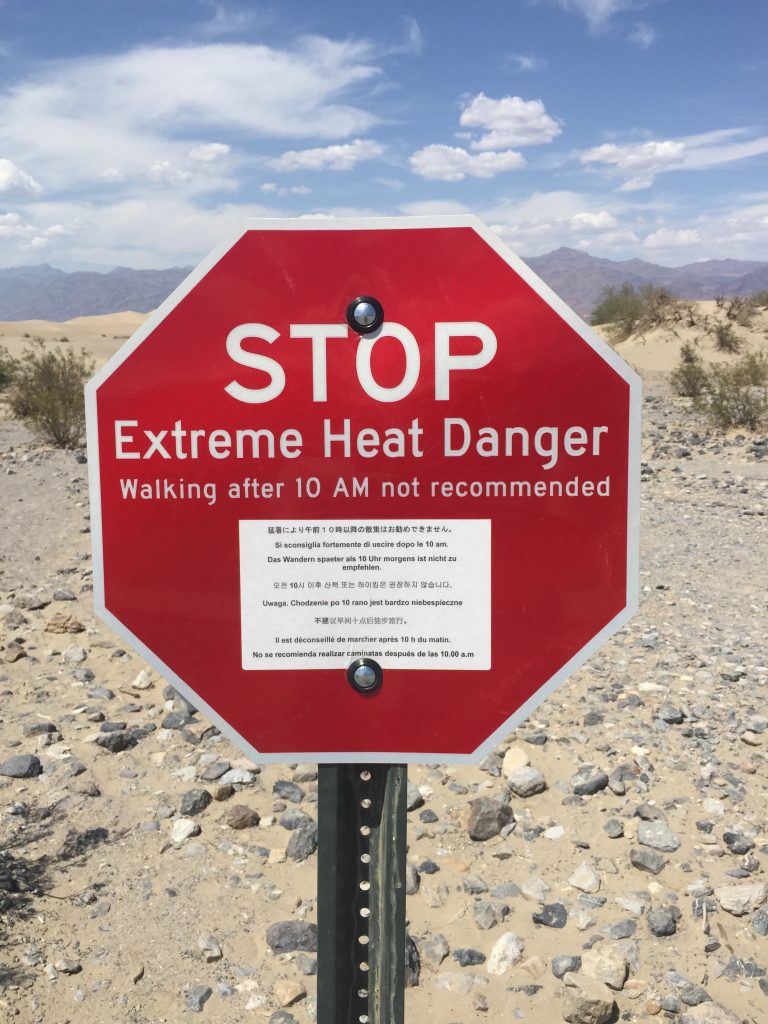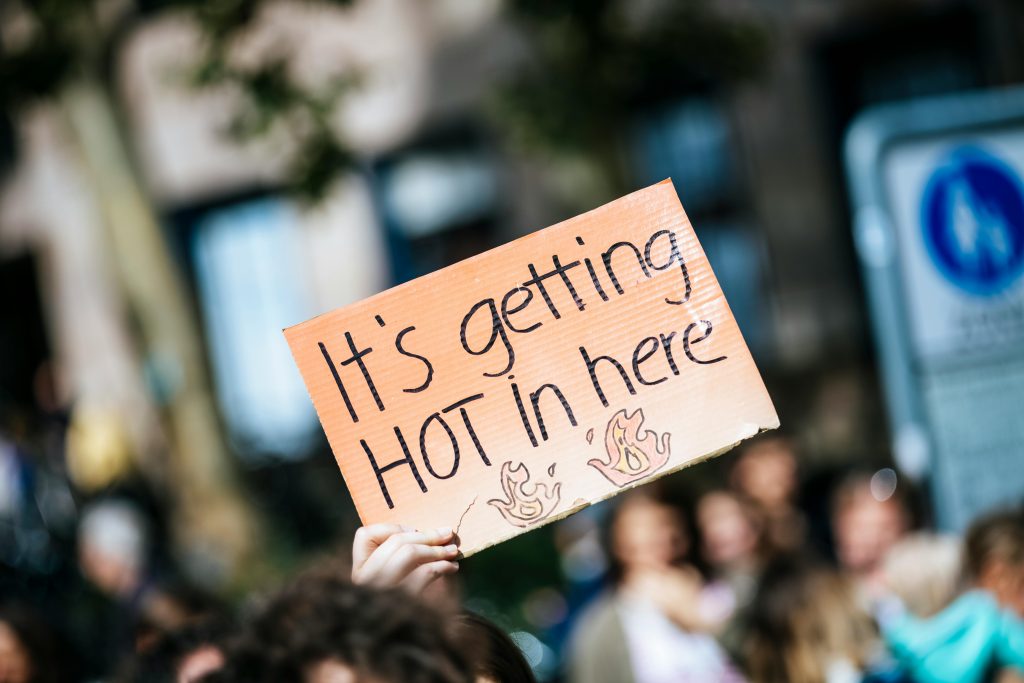
Protect yourself from extreme heat and humidity. Heat related illnesses are a real concern, especially since the Northeast is on track to experience more excessive heat and humidity this summer. Over the last 30 years, extreme heat has been the leading cause of all weather-related fatalities in the United States annually, according to the National Weather Service. In 2024 alone, nearly 200 people died of heat-related illness in the U.S.
The CDC collects national data on heat-related illness from emergency departments and releases it daily at Heat & Health Tracker. The data provides real-time health information and serves as an early-warning system.
How heat affects the body
In hot weather, sweating cools the body to regulate body temperature. But when you exercise strenuously or overexert in hot and humid weather, your body is less able to cool itself efficiently, because when humidity is high, sweat can’t evaporate as easily.
Temperature and humidity are expressed in heat index. Heat index is what the temperature feels like when relative humidity is combined with air temperature. As temperature and humidity increase, heat index increases. A heat index of 104 degrees is considered dangerous.
Real Feel, created by AccuWeather, goes a step further. In addition to temperature and humidity, it evaluates cloud cover, sun intensity, wind speed, precipitation and other factors to present a more accurate picture of how current weather feels.

Take precautions in hot weather
- Check Real Feel temperature daily in hot weather.
- Schedule exercise or physical labor for cooler parts of the day.
- Never leave anyone in a parked car. This is a common cause of heat-related deaths in children and pets. When parked in the sun, the temperature in your car can rise 20 degrees in 10 minutes. It’s not safe to leave someone in a parked car in warm or hot weather, even if the windows are cracked or the car is in shade.
- If you can’t avoid strenuous activity in hot weather, drink fluids and rest often in a cool spot.
- If you take medicines or have a condition that increases your risk of heat-related problems, avoid the heat and act quickly if you notice symptoms of overheating.
- Do not participate in strenuous sports or activities in hot weather.
- Sunburn affects your body’s ability to cool itself. Protect yourself with a wide-brimmed hat and sunglasses. Use a broad-spectrum sunscreen with an SPF of at least 15. Apply sunscreen generously and reapply every two hours. Reapply more often if you’re swimming or sweating.
- Drink plenty of fluids. Staying hydrated helps your body sweat and keep a normal body temperature.
Those at higher risk
- Children younger than 4, adults older than 65, and people who work at outside jobs are at higher risk of heat exhaustion.
- Some medicines can affect the body’s ability to stay hydrated and respond properly to heat. These include beta blockers, diuretics, antihistamines, tranquilizers, and antipsychotics.
- Excess weight can affect the body’s ability to regulate temperature and cause the body to keep more heat.
- If you’re not used to the heat, you’re more susceptible to heat exhaustion. Traveling to a warm climate from a cold one or living in an area that experiences an early heat wave can put you at risk for a heat-related illness.

Heat-related illnesses
Know the symptoms of heat cramps, heat exhaustion, and heatstroke.
Heat cramps are the mildest form of heat-related illness. Symptoms include heavy sweating, fatigue, thirst and muscle cramps. To prevent heat cramps from progressing to heat exhaustion, drink fluids, move to a shaded area or air-conditioned room, and rest.
Heat exhaustion may start suddenly or progress over time, especially with prolonged periods of exercise. Without prompt treatment, heat exhaustion can lead to heatstroke, a life-threatening condition. Fortunately, heat exhaustion is preventable. Heat exhaustion symptoms include:
- Cool, moist skin with goose bumps
- Nausea
- Headache
- Heavy sweating
- Faintness
- Dizziness
- Fatigue
- Weak, rapid pulse
- Low blood pressure upon standing
- Muscle cramps
What to do for heat-related illness
- Rest in a cool place. An air-conditioned building is best. If that’s not an option, find a shady spot or sit in front of a fan. Lay on your back with your legs raised higher than heart level.
- Drink cool fluids. Stick to water or sports drinks. Don’t drink alcoholic beverages, which can add to dehydration.
- Take a cool shower, soak in a cool bath or put towels soaked in cool water on your skin. If you’re outdoors and not near shelter, soaking in a cool pond or stream can help bring your temperature down.
- Remove any unnecessary clothing and make sure your clothes are lightweight and nonbinding.
- Seek medical help if these actions don’t help.
As warmer weather approaches, protect yourself from heat-related illness by checking Real Feel temperature daily. Stay safe this summer, my friends, by taking heat precautions.

Leave a Reply